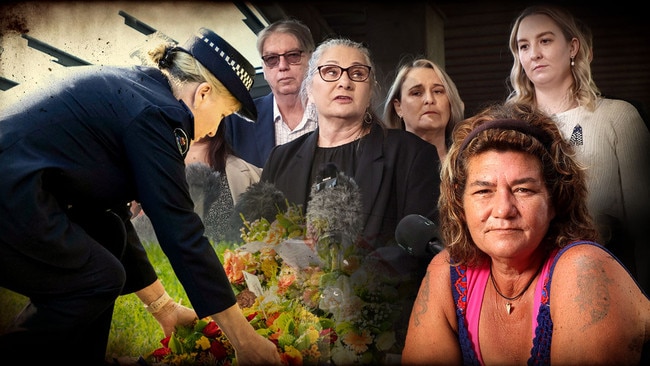
The families of Rachel McCrow and Matthew Arnold say the “time for excuses are over” and that the “powers-to-be must learn from this tragedy”. WIEAMBILLA: NEVER AGAIN | CHAPTER VI
When Rachel McCrow turned 29, she celebrated the day with her family with games of barefoot bowls.
On her 30th birthday, they placed her ashes in the ground.
Rachel was happy and generous, thoughtful and kind. While working at the Crime and Corruption Commission in a civilian role, she would pepper senior detectives - on secondment from the QPS - with questions about becoming a police officer.
She would graduate from the academy in June, 2021, serving the communities of Dalby and Miles before moving to Tara.
She loved her family, loved the outdoors. She’d run up and down peaks in the Glasshouse Mountains, kayak and snorkel the crystal waters of Lady Musgrave Island. She loved her blue heeler Archie.
Matthew Arnold was a triplet. He, his sister Hayley and brother James were born after five years of IVF.
He had dreamt of being a police officer since high school and graduated in late 2019. He too served the community of Dalby before moving to Tara in April 2021.
He was the kind of person who served breakfast to hungry children, who played soccer with them at lunch times. He’d pull over to help someone change a tyre. He returned to his high school year after year to volunteer as a sports coach and a camp mentor.
Neither could ever be considered the demons or devils of the Trains’ delusions.
On July 29, a five-week inquest got underway to examine the murders of constables McCrow and Arnold, Alan Dare and the shooting deaths of the Trains.
It would look at the killers’ mental states, along with what improvements could be made to ensure such a tragedy would never happen again.
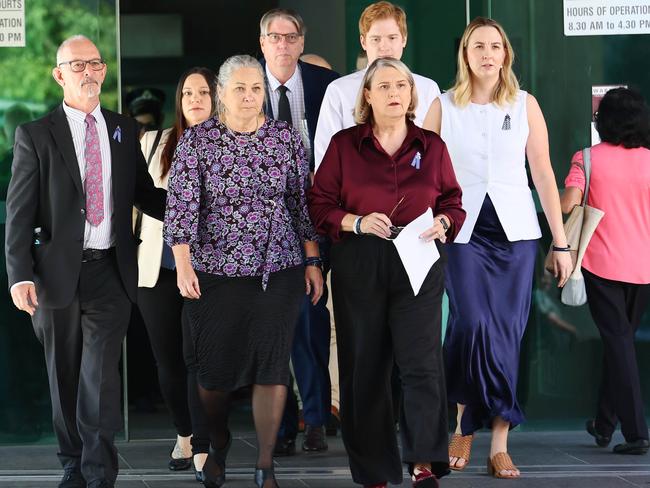
Local officers raised problems with radio black spots and poor phone reception in areas of the Western Downs again and again.
But senior officers told the hearing the two crews had been on the wrong channel, acknowledging they had not been given the correct one.
The police service now has a master list of radio channels, a black spot register and new officers at stations are given an induction checklist for the use of radios.
The hearing also examined issues of information sharing and whether NSW police should have passed on Gareth’s threatening emails to their Queensland colleagues.
Counsel assisting the state coroner Ruth O’Gorman KC said that while sharing the information would have allowed the Queensland officers to have a greater understanding of the Trains, nobody could have predicted they would have acted in the way they did.
Dr Andrew Aboud, clinical director of the Prison Mental Health Service and a consultant forensic psychiatrist, said he believed all three Trains had suffered from a shared psychiatric disorder referred to as folie à trois or “the insanity of three”.
Gareth, he explained, was the primary sufferer and had influenced Stacey and Nathaniel.
He said it was “highly likely” the three would have been found of unsound mind had they survived and been charged with murder.
Among her submissions, Ms O’Gorman said the coroner could consider recommending the Queensland Government consider mandatory mental health assessments of weapons licence applicants; that the Police Commissioner reviews using drones in remote areas; and that the government review funding to Queensland’s Fixated Threat Assessment Centre to help identify and intervene in serious mental health cases.
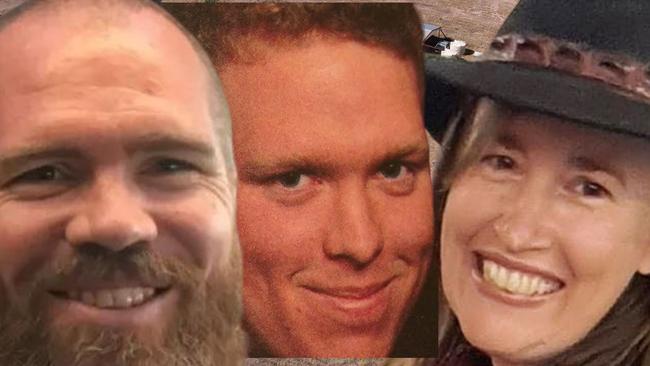
In adjourning the inquest to make his findings at a later date, Coroner Terry Ryan said there were “clearly lessons to be learned from this tragedy”.
At the inquest, a determined Sue Arnold spoke on behalf of her son Matthew and his friend and colleague Rachel.
“The time for excuses is over,” she said.
“It’s time to turn words into real action - now. Those who protect us when we need them desperately need protecting.
“Matt and Rachel’s deaths must not be in vain.”
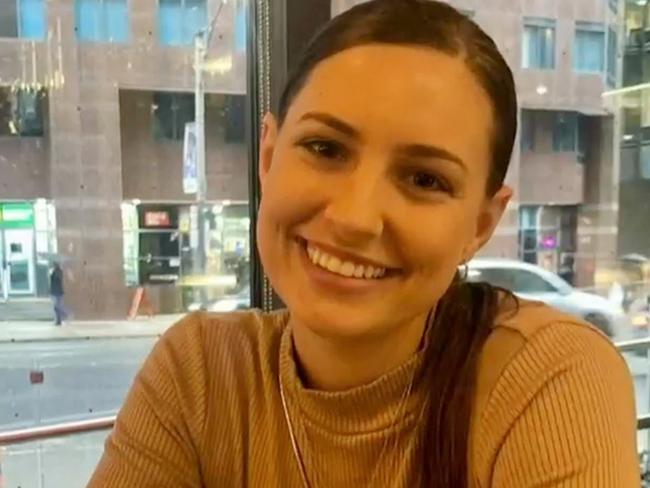
She was critical of police having to change radio channels while crossing through different areas, of stories about patchy transmissions and limited service.
“We know who pulled the trigger and killed Matt but systemic failings and negligence on behalf of many others sent him to Wains Rd,” Mrs Arnold said.
“What could have been done to prevent Matt and Rachel’s deaths?
“Better communications must be readily available to all police officers. Trying to find the best radio channel should not be a decision that officers need to make … or having to put up with communication that we have heard is ‘patchy at best’.
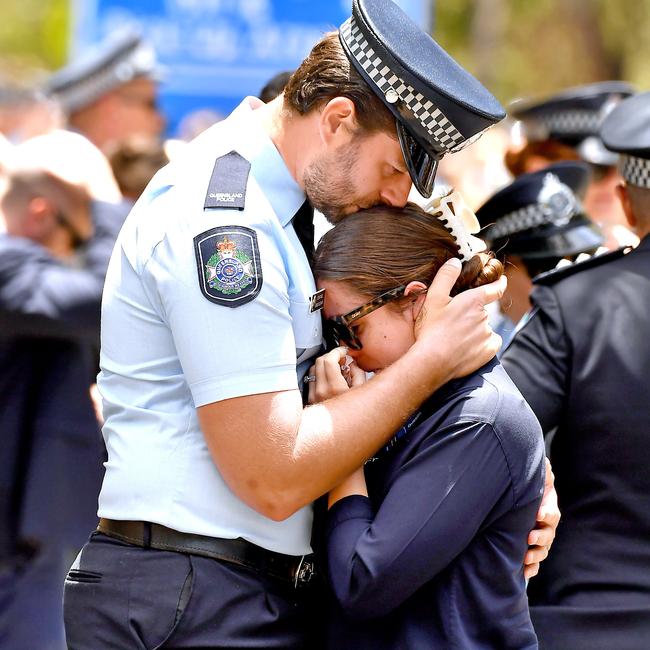
Rachel’s mother Judy echoed her calls.
“Police have too many vital decisions to make and choosing the correct radio frequency shouldn’t be one of them,” Judy told the inquest.
“On behalf of Rachel, we demand real change so that other families are steered away from the painful path we’ve been forced to take.
“The powers-to-be must learn from this tragedy and the gaps identified in processes, procedures or policies to reduce the likelihood of further lives being lost.
“Rachel must never become just another statistic and every police officer must be able to feel safe.”

Lovell tragedy must spur action
The words of Lee Lovell must resonate with the new Queensland government, writes the editor.
‘I’m broken’: Husband’s heartbreak after Emma Lovell murder case
A broken and emotional Lee Lovell has revealed he fears he let his wife Emma down after a second teen linked to her brutal death was acquitted of her murder.